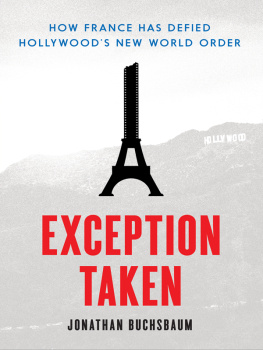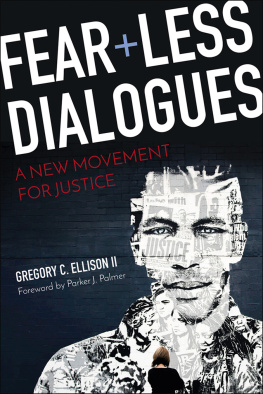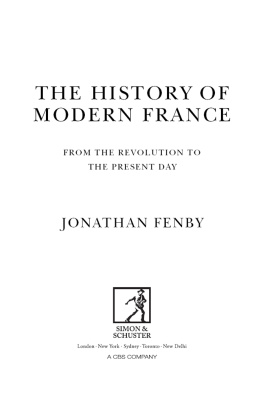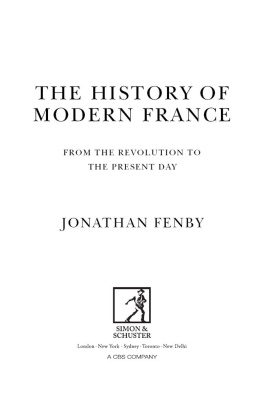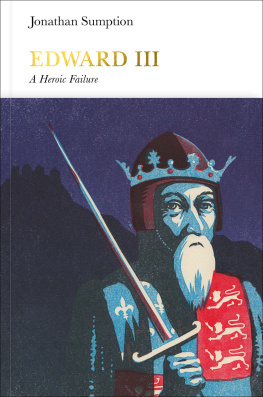Table of Contents
EXCEPTION TAKEN
Film and Culture
FILM AND CULTURE
A series of Columbia University Press
Edited by John Belton
For the list of titles in this series, see .
EXCEPTION TAKEN
How France Has Defied Hollywoods New World Order
JONATHAN BUCHSBAUM
Columbia University Press
New York
Columbia University Press
Publishers Since 1893
New York Chichester, West Sussex
cup.columbia.edu
Copyright 2017 Columbia University Press
All rights reserved
E-ISBN 978-0-231-54307-1
ISBN 978-0-231-17066-6 (cloth: alk. paper)
ISBN 978-0-231-17067-3 (paperback: alk. paper)
ISBN 978-0-231-54307-1 (e-book)
Cataloging-in-Publication Data is on file at the Library of Congress.
A Columbia University Press E-book.
CUP would be pleased to hear about your reading experience with this e-book at .
COVER DESIGN: Michael Nagin
FOR ACHA CHEHIDA, 19592012
CONTENTS
A n imaginative leap will benefit most readers of this book in the United States. Imagine a capitalist country that has preserved a safety net for residents. However frayed, that safety net still receives the financial and political support of most politicians in France. In the United States, a long tradition of individualist ideology deprecates so-called losers in a market that reaches increasingly into public goods. Things once thought of as services to be provided to residents, from education to health care and even national security, are now outsourced to private companies. With the free market as the model, U.S. government at all levels tries to privatize those public goods and services. Witness the complaisance with which the press treats the oxymoron for-profit schools.
On one level, this book tries to consider the viability of cinema in the world today. While some, especially Hollywood pitch people, maintain that the spoils belong to the victors, the vanquished may not want to surrender their ability to continue making films. In most cases, that means developing policies to defend filmmaking, and those policies are largely national ones, though few writers on cinema concentrate on policy. In most countries, however, film industries cannot survive without state support policies.
Randal Johnson took on the challenge of understanding state support for film thirty years ago in The Film Industry in Brazil: Culture and the State (Pittsburgh: University of Pittsburgh Press, 1987). His attempt to make sense of cinema policy, not to mention his lucid writing, has served as an inspiration for this book. More recently, European scholars have written about policy. France offers an exemplary case for study, for France has a long history of a state cinema policy, one that has become especially sophisticated and complex since 1980, the period covered in these pages. The French film industry consequently has maintained the most successful European film industry during those years.
In the most recent phase of globalization, developed countries have tried to reduce national trade barriers for goods and services. This is the central goal of the World Trade Organization, formed in 1995. Yet France objected to including cinema in the new rules, threatening to withhold its signature from the largest trade agreement in history, the General Agreement on Tariffs and Trade in 1993 (GATT). Cinema occupies a privileged place in French culture, and the French did not want to subject their carefully constructed cultural policies to the same rules being applied to other goods and services. Over time, other countries recognized the potential dangers to their own national cultures. Thus, cinema ended up triggering widespread opposition to the march of globalization just as the United States sought to strengthen its superpower position in the new world order. It seemed that culture, improbably, provided an alternative terrain for resistance, and France has articulated that rationale most persuasively and consistently.

I could not have completed this book without the constant support of the staff at the Documentation Center at the Centre national de la cinmatographie (CNC) in Paris. I would like to thank all of them for their unstinting generosity: Susane Rodes, Sbastien Magnier Ariane Nouvet, Marielle Fernandez, Magali Jammet, and the late Estelle Bache. I would also like to express my appreciation to people who were kind enough to share their knowledge and grant me interviews: Karim Amellal, Pierre Chevalier, Malik Chibane, Pascal Ferran, Stphane Goudet, Franois Hurard, Cdric Klapisch, Florent Lamare, Claude Miller, Grard Mordillat, Emmanuel Rufi, and Michelle Soulignac. In New York, two friends at the French Cultural Services, Delphine Selles-Alvarez and Sandrine Butteau, arranged many of the interviews and provided other valuable support.
French colleagues offered their hospitality and the opportunity to present some of the work in progress: Michel Marie, Laurent Creton, Laurent Jullier, and Jean-Pierre Bertin-Maghit. British colleagues Martin OShaughnessy and Graeme Hayes provided encouragement and venues for some of the work. Other friends and colleagues have helped in many and varied ways over the years: Maguy Alziari, Viviane Alziari, Ali Akika, Nejma Akika, Yacine Akika, Henry Bean, Jean-Jacques Birg, Barbara Bowen, Arthur Chitty, Mark Jacobson, Stuart Liebman, Richard Maxwell, Charles Molesworth, Roopali Mukherjee, Laura Mulvey, Franoise Romand, and Don Siegel. My apologies to those whose names I have overlooked.
I would like to thank John Belton, my first film teacher and editor of the Film and Culture series at Columbia University Press, for his early interest in the book, and Jennifer Crewe, the director of Columbia University Press, for her support of the project. Others at CUP ensured the steady and careful guidance of this book through production to publication, including Philip Leventhal, Miriam Grossman, Kathryn Jorge, and the excellent design department. Glenn Perkins executed skillful copyediting and Cynthia Savage produced a robust index.
This book benefited from a PSC-CUNY Award, jointly funded by the Professional Staff Congress and the City University of New York.
Doris Lee never hesitated to help in small and large ways.
As ever, my friend Joel Haycock served as an intellectual compass throughout.
I decided long ago, before her death, to dedicate this book to Acha Chehida. Stricken with two serious maladies, each treated entirely at state expense in France, she used to refer to herself as having two 100 percenters. Her spirit pervades this book.
| ACID | Association of Independent Cinema for Its Distribution |
| ADRC | Agence pour le dveloppement rgional du cinma |
| AFCAE | Association franaise des cinmas dart et essai |
| AMI/MAI | multilateral agreement on investment |
| ARP | Association des ralisateurs et producteurs |
| ASR | avance sur recettes |
| BLAC | Bureau de liaison de laction culturelle |
| BLIC | Bureau de liaison des industries cinmatographiques |
| BLOC | Bureau de liaison des organisations du cinma |
| CGE | Compagnie gnrale des eaux |
| CNC | |




